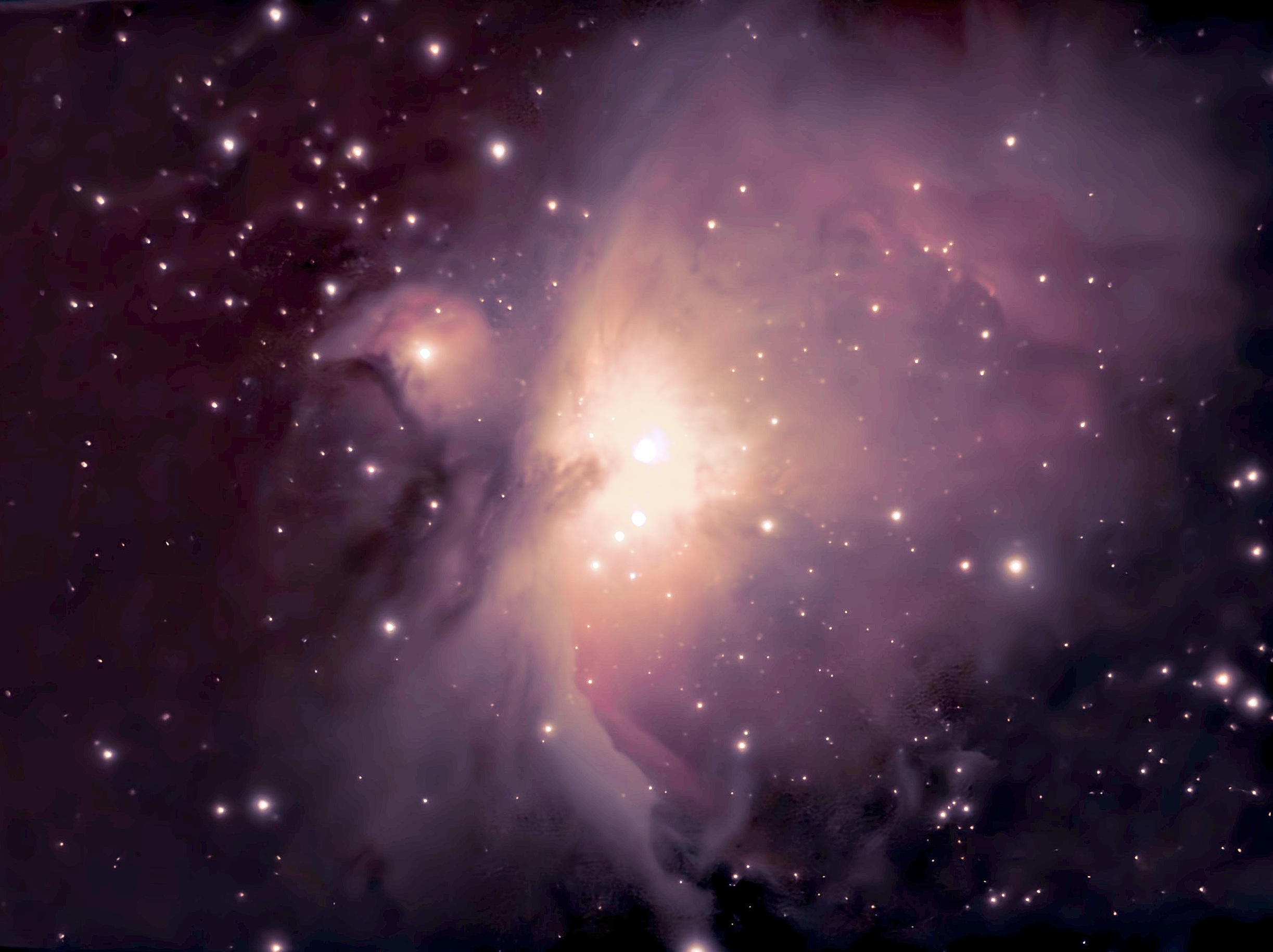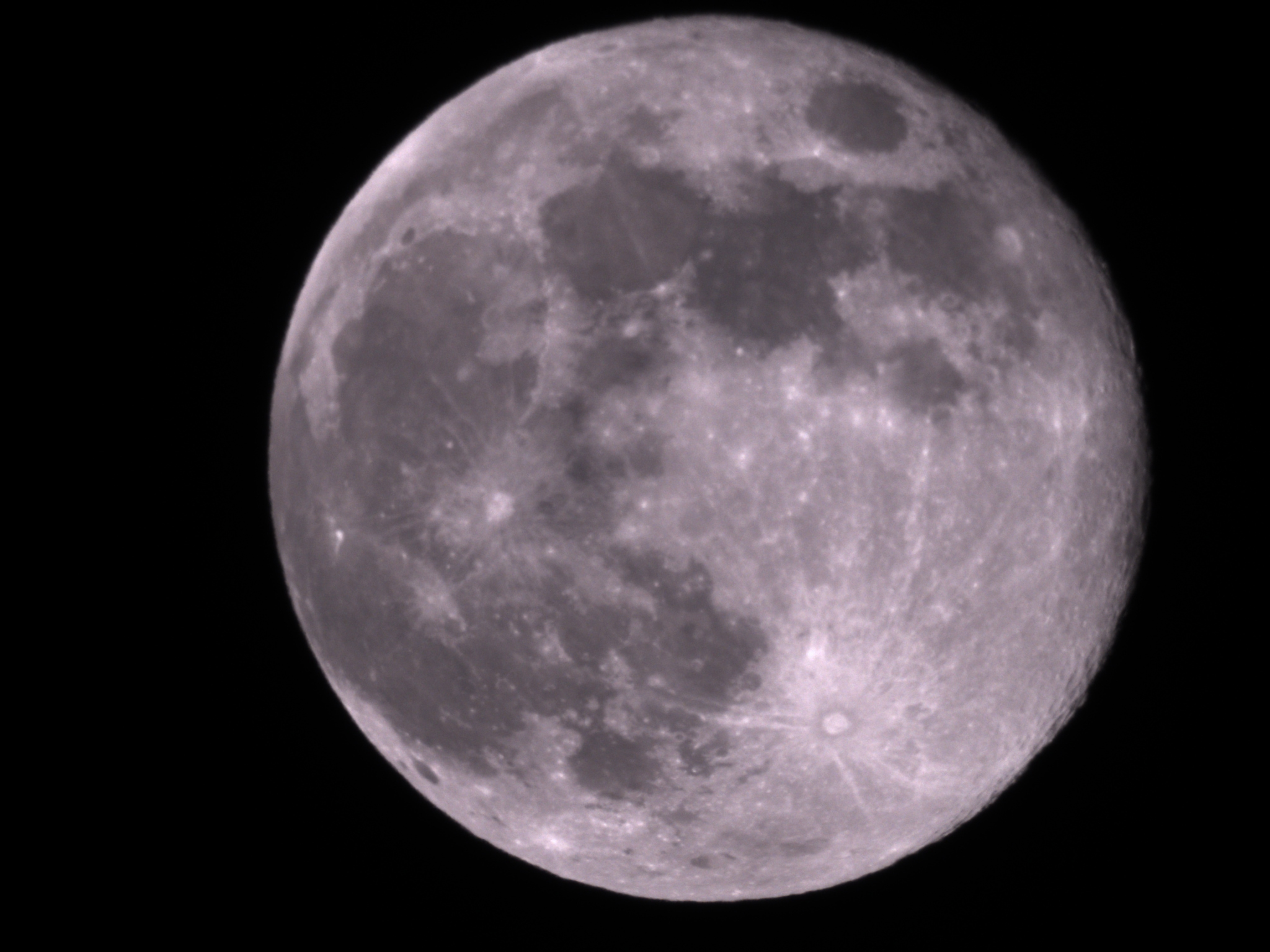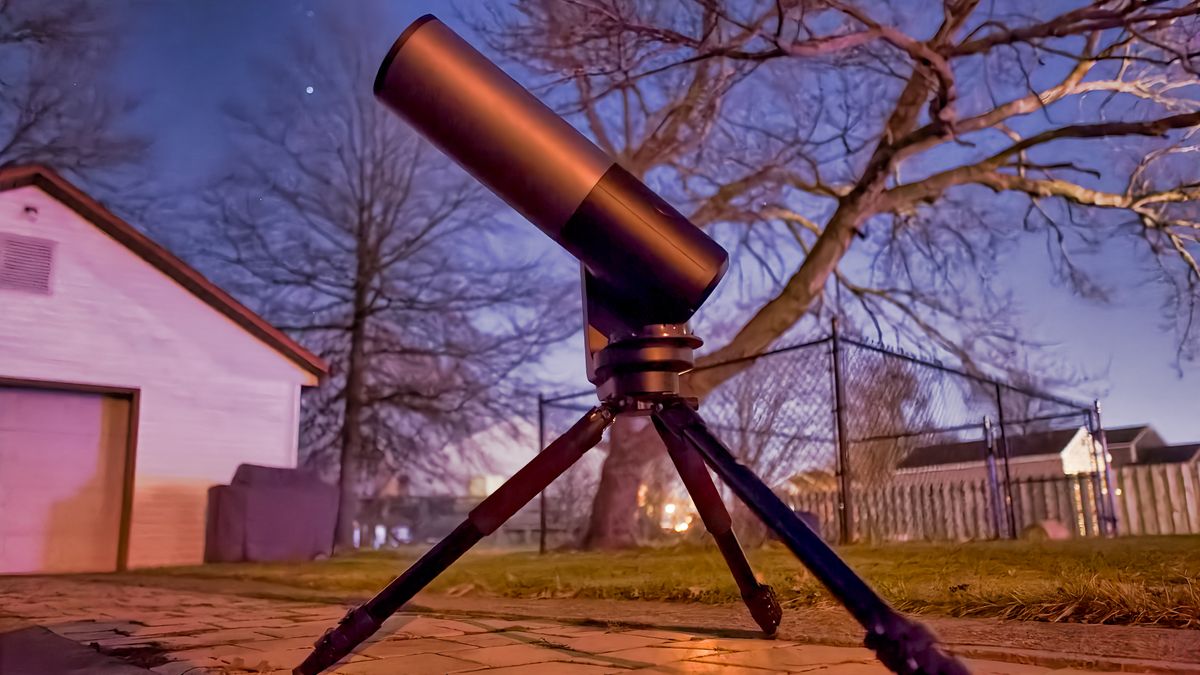In 2023, I discovered a new hobby that gave me enjoyment and relaxation. I’m talking about astrophotography. Even though I gave it a stab on numerous occasions with my smartphones over the last couple of years, I really didn’t fall in love with it until I tried out the Unistellar eQuinox 2. It’s like having the Hubble telescope, but in my backyard.
While I was covering CES 2023 earlier this year, I came across the Unistellar booth at an event and I was instantly drawn to it. The France-based company was showing off its smart telescopes and I was particularly impressed by the astrophotography images they said were captured by them. Of course I had to take it with a grain of salt because I know very well how moon shots with smartphones could be faked. It’s one thing to see the end result, but I would’ve been more convinced if I saw the telescopes in action — which added to my initial skepticism.
Fast forward to about a month ago when I finally put the Unistellar eQuinox 2 to the test and I have to admit that it did not disappoint. It truly is the coolest gadget I tested in 2023. Here’s why.
Astrophotography made simple for beginners
Since I’m a confident photographer, I knew that astrophotography is one of those hobbies that requires patience. What makes the Unistellar eQuinox 2 special is that it makes astrophotography simple for beginners.
Unlike traditional telescopes that require you to put together components such as the refractor, eyepiece, focuser, and mount, the eQuinox 2 is just a single piece of equipment that’s fastened into the included tripod. The only other thing you need to operate it is your smartphone.
In addition to streamlining the setup, what I love also about the eQuinox 2 is that it will automatically calibrate itself to know the positions of the stars in the night sky. That way, it can slew to targets automatically on its own. Once I find a target, the only thing left is to press a button in the app to start taking an enhanced image of what I want to see. After a couple of minutes, that’s when I begin to see all of the majestic beauty hidden in the night sky.
It’s the kind of thing that makes it easy for anyone to get started in astrophotography.
Unbelievable detail just like the Hubble

I’m sure you’ve seen the stunning images of galaxies and nebulas captured by the Hubble telescope, like the Pillars of Creation at the heart of the Eagle Nebula, but I bet you wouldn’t think I’d be able to capture equally amazing astrophotography images from my backyard. I did.
Instead of that target, I pointed the Unistellar eQuinox 2 at other nebulas and galaxies visible during my nights for the last month. Take for instance the shot I captured above of M42: the Great Orion Nebula. I’ve captured the same target with another smart telescope, but it doesn’t come close to reaching the same level of detail and quality that the eQuinox 2 delivers.
That’s because it leverages its Deep Dark Technology to minimize the distortions caused by light pollution, and combined with its advanced image processing, it cleans up the picture while stacking photos. Other smart telescopes I’ve used tend to have significant noise that I’ve found difficult to remove in post as a beginner, but the eQuinox 2 does all the editing in real time to make the dark areas of the sky look dark — while drawing out the details like the gasses swirling around nebulas.
With the help of lightly editing them on my phone, I’m able to turn the standard shots I captured with the eQuinox 2 and make them look more epic. Even though smartphones initially helped me get into astrophotography, they pale in comparison to the results I’ve been able to get with the eQuinox 2. What makes it a great beginner’s telescope is that you don’t need to invest more time using image processing software such as Sirril, Stellarium, or PixInsight to stack and process your images.
Never look at the night sky the same way again

Astrophotography was the best hobby I discovered in 2023, and a lot of that was due to the Unistellar eQuinox 2. It’s changed my habits so much because now after a long day of working in the office, I come home at night wanting to see what hidden gems I can find in the night sky.
The Unistellar app that lets me control the eQuinox 2 with my smartphone has become my guide to the heavens. Not only does it conveniently show me deep sky objects that I can target, it also contains useful descriptions and tidbits I didn’t know about them.
Besides capturing stars, constellations, and majestic galaxies in the night sky, I’ve used the eQuinox 2 to see spots on the sun when it’s bright out — along with nature photography to see birds perched on branches in my backyard. I will admit it’s a pricey gadget at $2,499, but its ease of use and performance is well above what I’ve experienced with other smart telescopes at the $500 range. There’s also the enjoyment I’ve been able to get from this niche hobby, which is I really can’t put a price tag on. I now have a newfound outlook on the way I look at the night sky.
More from Tom’s Guide

Laura Adams is a tech enthusiast residing in the UK. Her articles cover the latest technological innovations, from AI to consumer gadgets, providing readers with a glimpse into the future of technology.









